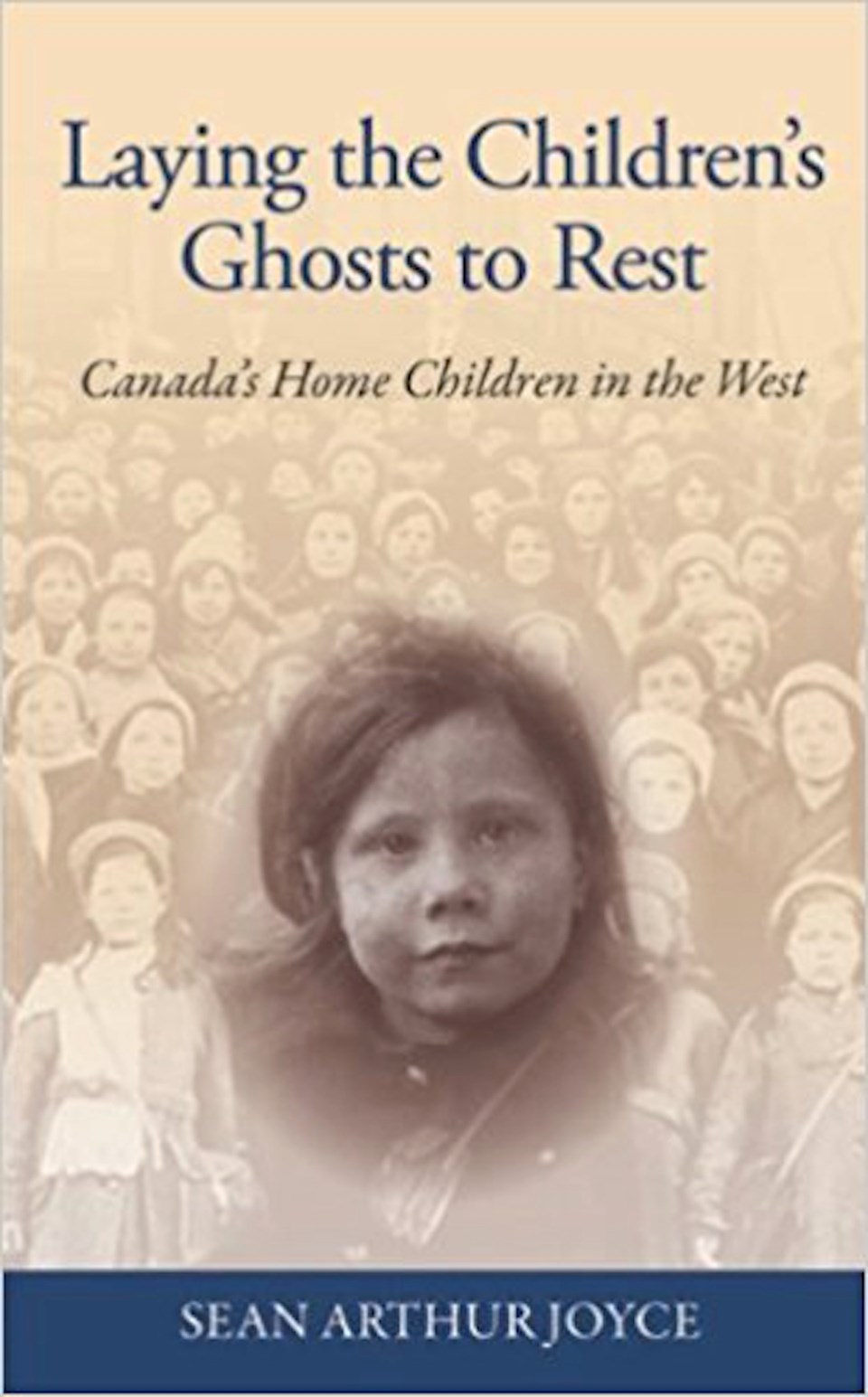This book by Sean Arthur Joyce is about the plight of British “Home Children” — orphans, children from poor families, neglected and living on streets of cities in England. Many who came to the attention of charitable organizations from the mid-1800s to the 1930s, were sent to Canada which was then a British colony. They were placed in foster homes, and many were sent to farms across Eastern Canada. After Confederation of 1867, and the opening of the West for settlement, many were placed on farms there. From this book, we zero in on a crime story — one of the worse crimes in this world — gross neglect and abuse of a child. It took place in a rural part of the Yorkton District and came to the attention of the North West Mounted Police detachment. When two brothers William and Walter Roberts arrive in this area, William goes to a Theodore foster home and Walter age 11 goes to a farm home at Mulock — located in the area of Rhein today. There he gets beaten, mistreated in various ways and half starved. Two men from Yorkton happen to go to the farm on business and notice the boy’s mistreatment. One of those men, E.H. Watson writes to the authorities and states that it is urgent for the boy to be removed from this farm. The case is handled by Constable Christen Junget who takes Walter in protective custody and immediately takes him to the hospital where Dr. T.A. Patrick operates to amputate Walters’ toe. Constable Junget writes to the Dr. Barnardo Children’s Home headquarters in Winnipeg to report on the case. He arranges for Walter to board at a hotel — likely the Balmoral — as this hotel was known to be the Constable’s favorite. Junget charges farmer, C.H. Lakey for assault. A judge finds him guilty and his sentence is a fine of $55.00 or 8 months in jail. This appears to us today as a very light sentence indeed. — One must give credit to the two men who had courage to report the boy’s plight and he must have been grateful to be cared for by Constable Junget. There was no legislation to specifically protect children at that time in Canada. The only protection was the same as for adults — to lay charges under the Criminal Code. The early 1900s was a time when the majority of people did not report crimes against children. My esteem goes to Constable Junget for his caring of Walter and for laying charges. Another policeman might have taken the child away, but not necessarily filed charges against the offender.(The book is recommended reading. Note the North West Mounted Police C. Junget’s name is misspelled “Junger.”)
Contact Terri Lefebvre Prince,
Heritage Researcher,
City of Yorkton Archives,
Box 400, 37 Third Avenue North
Yorkton, Sask. S3N 2W3
306-786-1722
[email protected]




